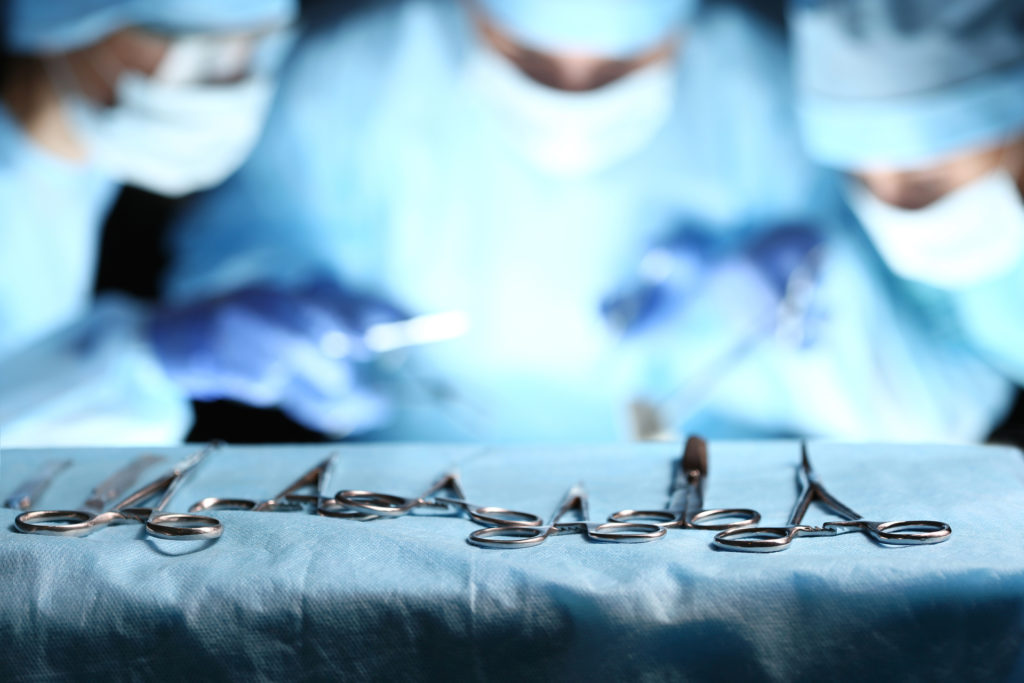Surgery & Trauma
5 Mistakes to Avoid While Recovering from Surgery
Recovering from surgery is no small feat. It takes a lot of rest, nutrition, and guidance from your doctor. Though there are a lot of ways to help you recover, there are also mistakes many people make.
1- Doing too much, too soon
A couple days after the surgery, you may notice that you feel much better than expected. You suddenly get the urge to use all that boundless energy to return to your pre-surgery routine. Resist the temptation.
It’s normal to feel pressured to get back to your day-to-day activities. But doing so too early can be damaging to your health. By pushing your body into normal activities (when it’s not healed), you risk
- injuring yourself,
- opening unhealed surgical wounds,
- tiring yourself out, and
- setting back your recovery.
If your doctor instructed you to take a few weeks off following the procedure, then stick to that schedule. It will pay off in the long run.
2- Your diet matters so hold off on that junk food
Eating bland hospital food for a few days is enough to make anyone crave a burger, fries, and all sorts of satisfying but unhealthy foods. If you’re still in the recovery period, which is usually 4-6 weeks following a procedure, then hold off on the fatty foods.
Post-surgery nutrition is an extremely important part of a quick and speedy recovery. You need to stick to a balanced diet of proteins, carbohydrates, and lots of fruits and veggies. If you’re not able to stick to a balanced diet, then be sure to consider supplements to help get that nutrition.
Treating yourself to the odd treat here or there won’t set back your recovery but be sure not to fall into a habit of unhealthy eating following the procedure.
3- Staying in bed
Don’t do this. Once you’re given the all-clear to move around and get out of bed, do so. Blood clots (also called deep vein thrombosis or DVT’s) are clots that form in the legs and travel up to the lungs. DVT’s are potentially life-threatening, and they are much more likely to happen to people that have just had surgery. So what can you do to help reduce this risk? Get out of bed and move around.
4- Not taking your medications as prescribed
It goes without saying that the medications prescribed for pain relief or nausea should be taken as directed. Some people shrug off pain medication because they’ve heard it’s addictive or it makes you woozy. However, taking your medications will help keep you pain-free, nausea free and allow you to get out of bed and move around sooner. If you’re worried about getting addicted to pain medications, speak to your doctor about other pain relief options.
5- Forgetting your fluids
In the rush of trying to get better, it’s easy to neglect your fluid intake – specifically water. Staying hydrated means you’re less likely to become constipated (a common occurrence following many surgical procedures), and it helps to get rid of the toxins in your body. Dehydration can also lead to problems with the kidneys so don’t forget to drink lots of water, fruit juices, or other clear fluids.
Shop Forte Supplement Products


